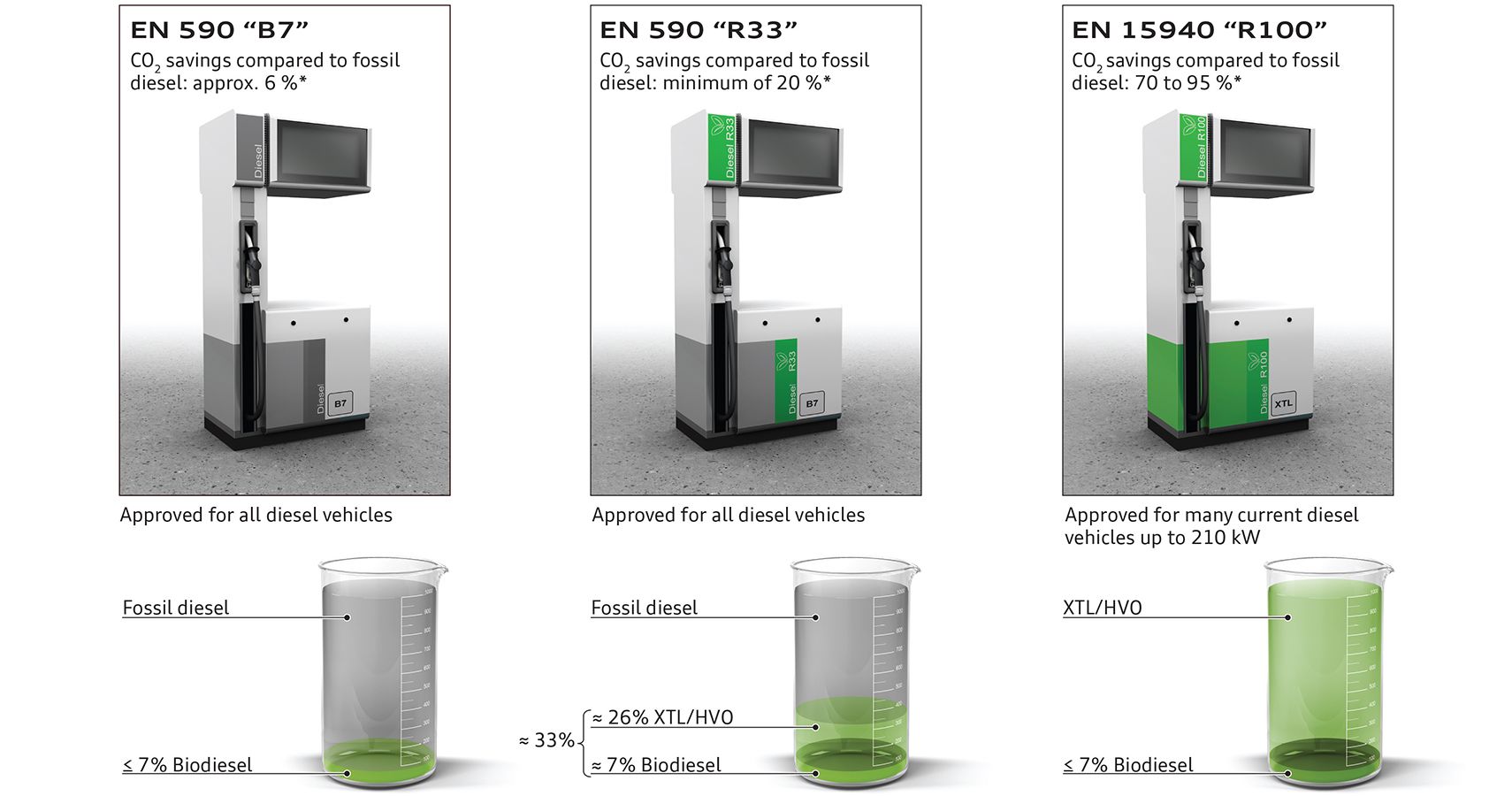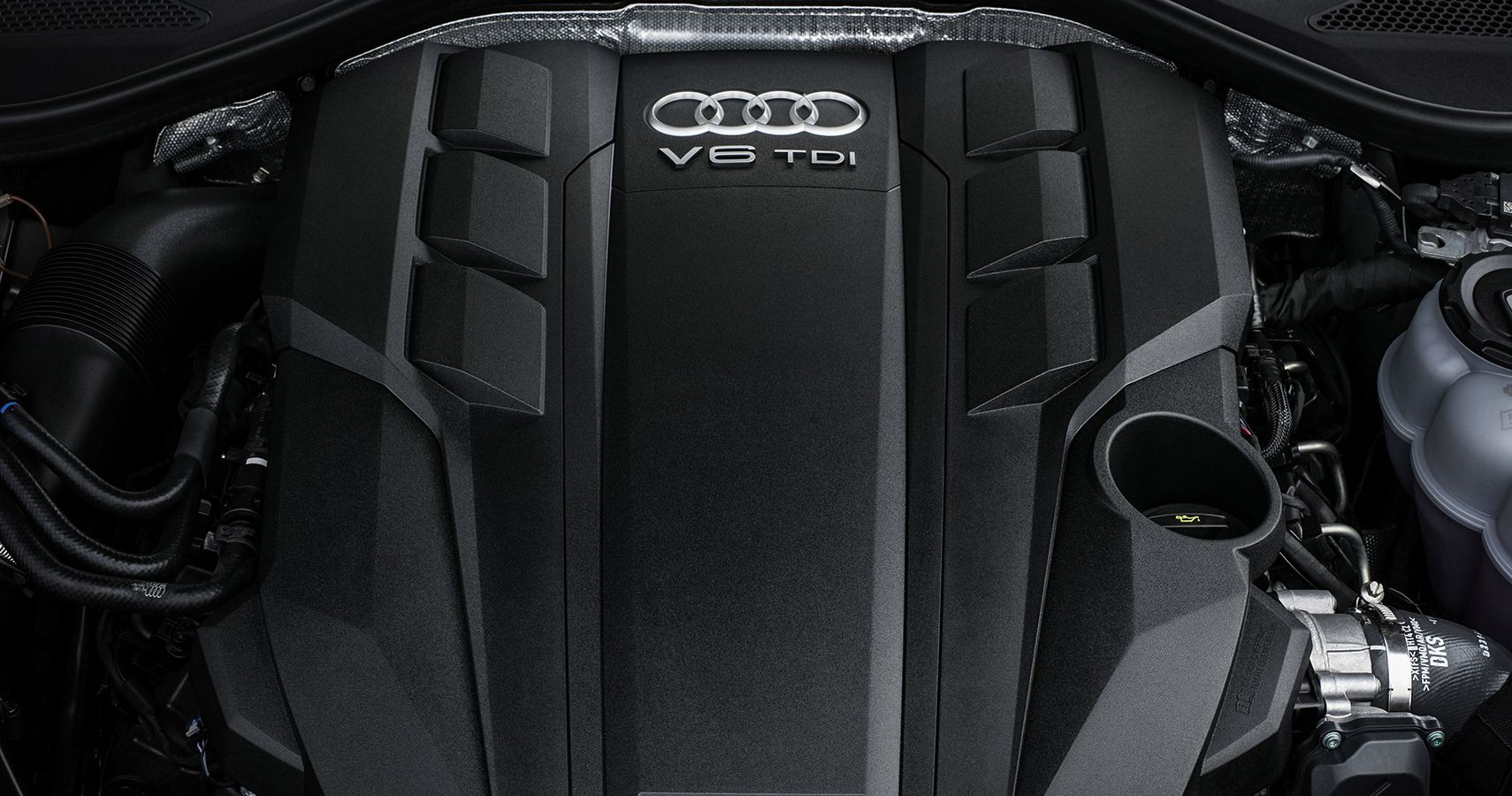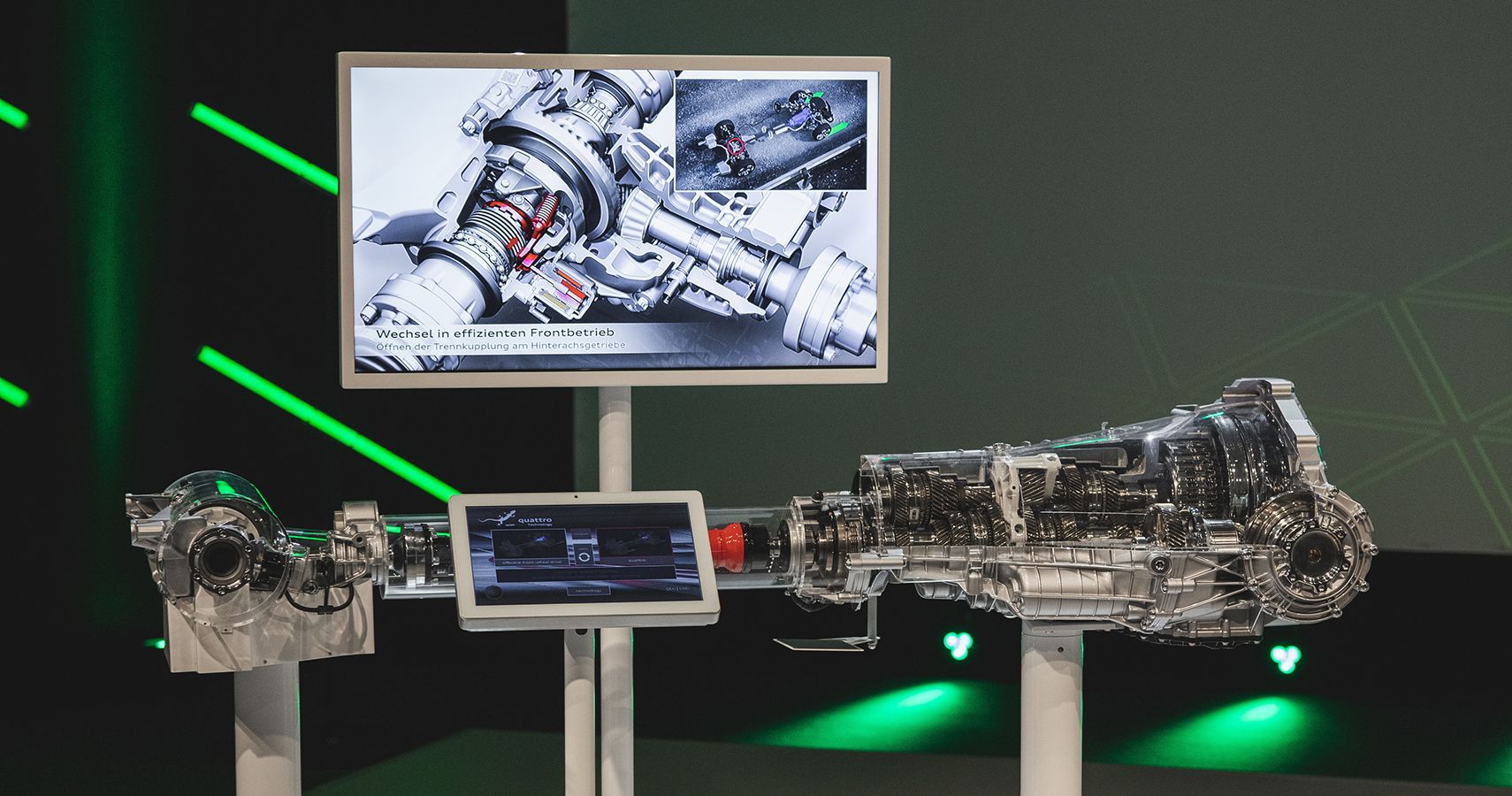Ever since the diesel-gate scandal, the Volkswagen Group has moved on to focus on electric vehicles. Audi is adapting the same EV strategy, but is also making some tactical moves. One of these is to increase the environmental sustainability of its combustion engines, with many of Audi's current six-cylinder diesel engines now capable of using hydrotreated vegetable oil (HVO) as renewable fuel.
HVO As Sustainable Fuel For Auto Engines
Companies can source HVO from residual and waste materials, including waste cooking oil and agricultural residues. To convert vegetable oils into aliphatic hydrocarbons, they undergo a process called hydrogenation. This would modify the properties of the vegetable oils, making them suitable for use in diesel engines as 100 percent pure fuel, or as an additive to conventional diesel.
As a sustainable fuel, HVO can reduce carbon dioxide emissions by between 70 and 95 percent (compared to fossil diesel). Since HVO has higher cetane rating than conventional diesel (by around 30 percent), it enhances the efficiency combustibility of diesel engines. This allows engines using HVO to be particularly better, especially during cold starts.
HVO diesel is available at over 600 filling stations in Europe, but most of them are in Scandinavia. Germany — Audi’s home market — currently has few HVO diesel filling stations, although the carmaker expects the number to increase once authorities incorporate the fuel standard EN 15940 into German fuel-quality regulations.
HVO Approval For Several Audi V6 Models
According to Audi, all V6 diesel engines rated from 210 kW in the A4, A5, A6, A7, A8, Q7, and Q8 series produced from mid-February 2022, are now able to use HVO fuel. V6 diesel engines for the Q5 series produced starting March are up for HVO approval, with 180 kW mills in A6 Allroad units assembled in the summer to follow.
Four-cylinder diesel engines in the Audi A3, Q2, and Q3 built since June 2021 have already gained HVO approval in Europe. The R4 TDI engine in the A4, A5, A6, A7 and Q5 series have been HVO-capable since mid-2021 in Sweden, Denmark and Italy.
All Audi models with HVO approval have an XTL sticker in the fuel tank cap. XTL means X-to-liquid, with the "X" standing for the original component. HVO is a biomass-to-liquid (BTL) fuel.
All-Electric Strategy Still On For 2026
Oliver Hoffmann, Chief Development Officer at Audi, noted that while they are aiming to build only all-electric models starting 2026, they are optimizing its existing combustion engines by using sustainable fuels such as HVO. Audi prioritized the approval of its most popular engine variants.
Source: Audi




